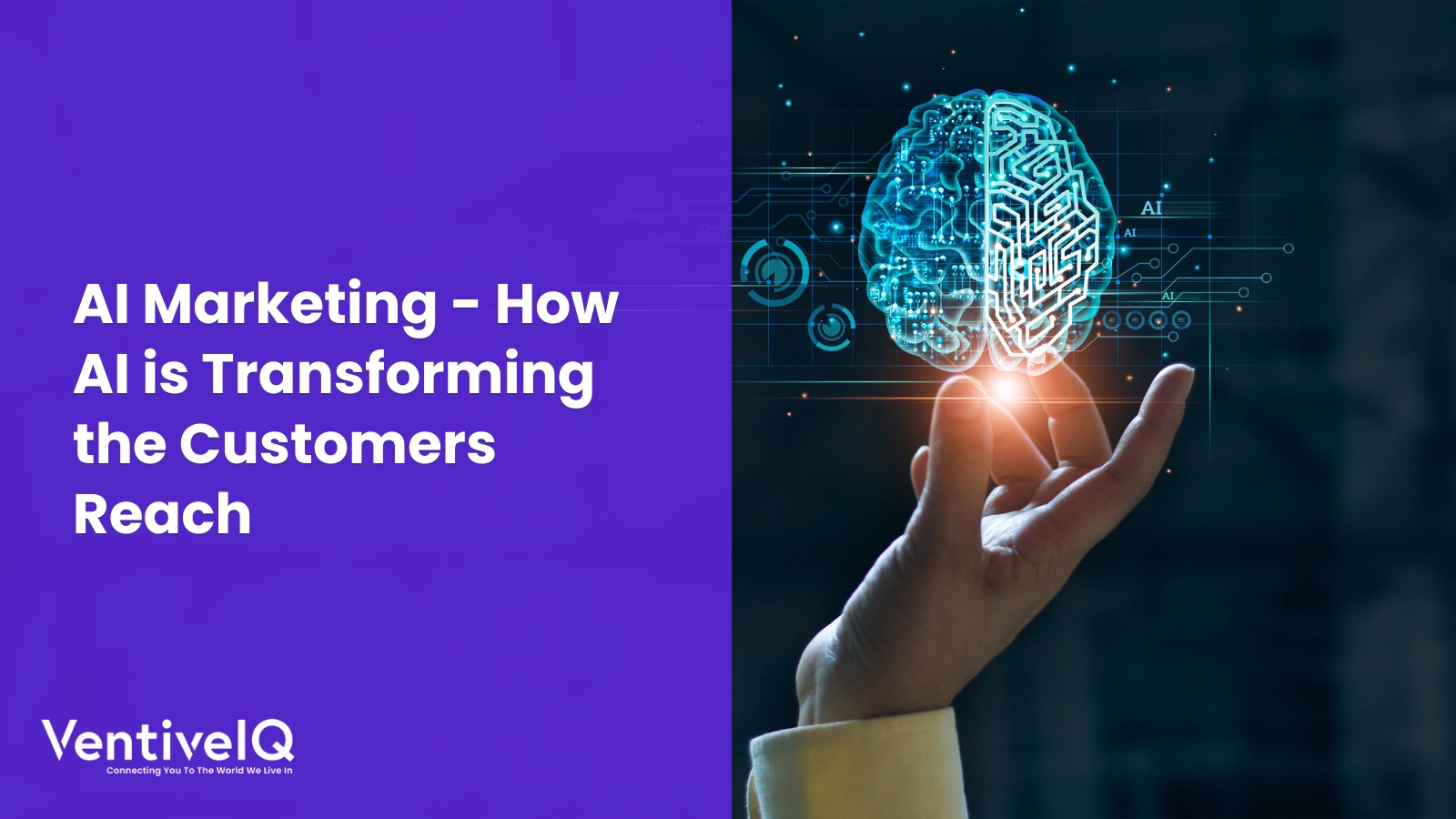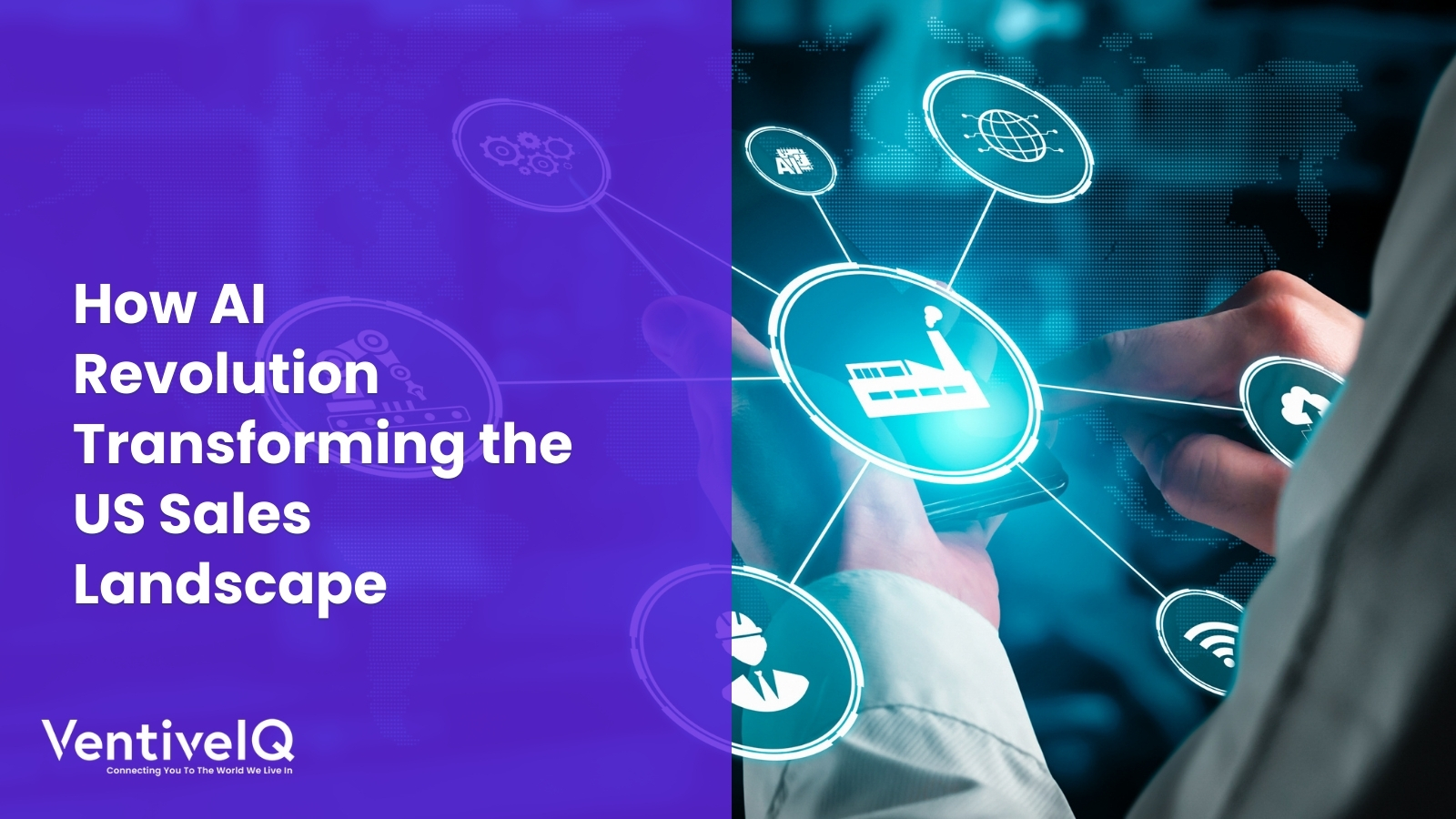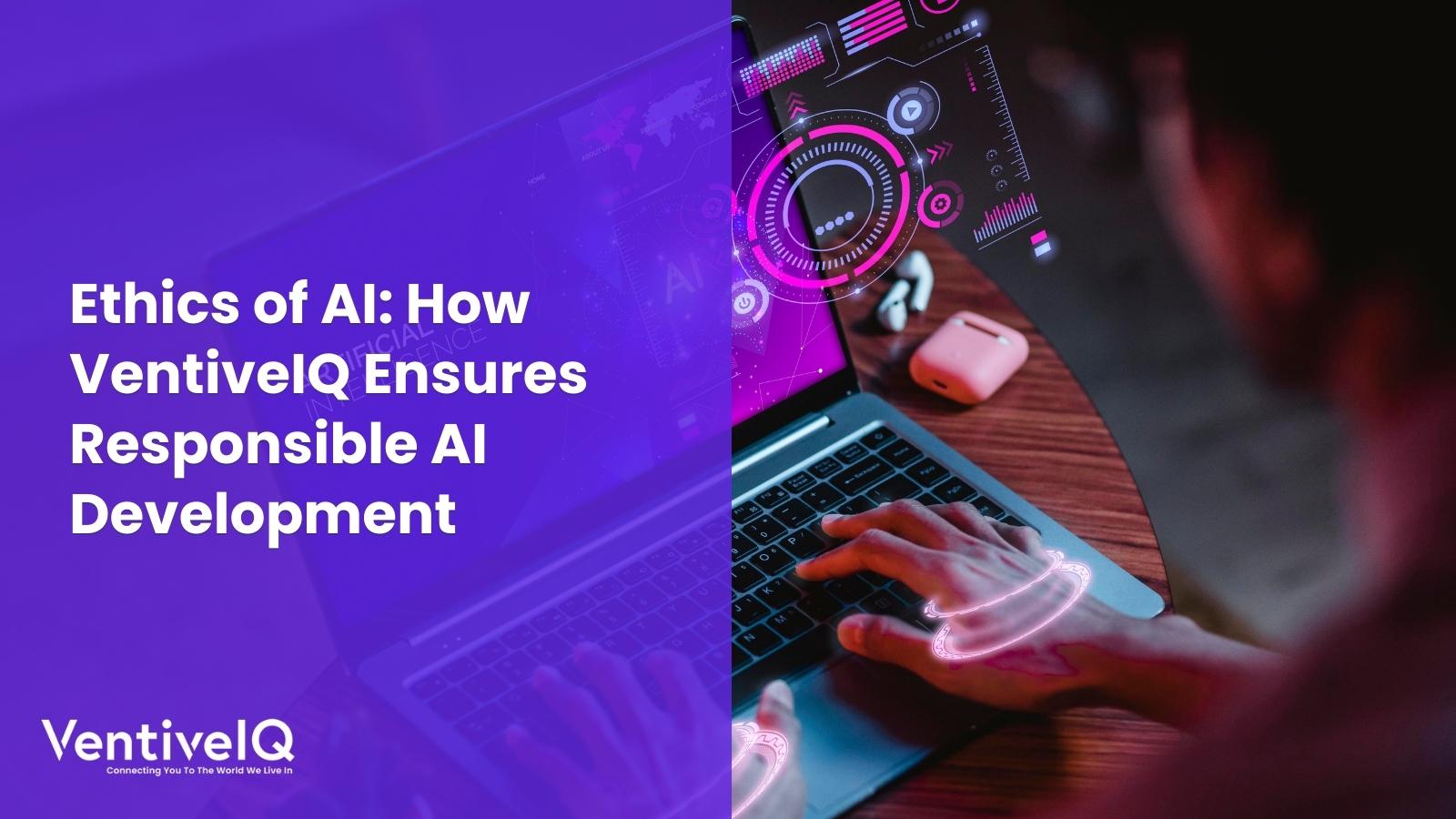Discover how AI marketing is revolutionizing customer reach via personalized, data-driven strategies. Explore the benefits, challenges, and future of precision targeting.
Introduction
The marketing landscape is constantly evolving. As technology advances, businesses are looking for new and innovative ways to connect with their target audiences. Enter AI marketing – a powerful tool that harnesses the power of artificial intelligence (AI) to revolutionize customer reach, personalization, and engagement.
This article explores the world of AI in marketing, exploring how it transforms how businesses reach customers. We will discuss key concepts like customer segmentation, personalized marketing, data-driven marketing, and customer engagement, all through the lens of AI. We will also explore the tradeoffs and challenges associated with AI in marketing, helping you make informed decisions about incorporating this technology into your marketing strategy.

AI Marketing: A Paradigm Shift
AI in marketing utilizes machine learning algorithms to analyze extensive customer data, including demographics, browsing habits, purchase history, and social media interactions. By analyzing these data points, AI can create highly targeted and personalized marketing campaigns that reach the right customers with the right message at the right time.
This shift towards AI-driven marketing unlocks a multitude of benefits:
- Enhanced Customer Segmentation: AI can identify distinct customer segments based on shared characteristics and behaviors. This allows marketers to tailor their campaigns to resonate with specific groups, boosting engagement and conversion rates.
- Personalized Marketing at Scale: Imagine crafting individualized experiences for every single customer – a near-impossible feat with traditional methods. AI removes this barrier, enabling the creation of personalized content, recommendations, and offers that cater to each customer’s unique preferences.
- Real-Time Customer Engagement: AI can analyze customer behavior in real-time, allowing brands to respond with personalized offers and recommendations at the most opportune moments. Enhancing customer satisfaction and loyalty can have a significant impact.
- Data-Driven Decision Making: AI in marketing replaces intuition with data-driven insights. Marketers can gain a deeper understanding of customer behavior and preferences, allowing them to optimize campaigns for maximum effectiveness.
- Marketing Automation: AI automates repetitive tasks such as ad targeting, content creation, and campaign management, freeing up valuable time and resources for marketers to focus on strategic initiatives.
Personalization: The Heart of AI Marketing
Personalization is the cornerstone of successful marketing in today’s digital age. Customers expect brands to understand their needs and preferences; AI in marketing delivers this expectation in spades. AI can personalize various aspects of the customer journey, including:
- Content: Imagine an e-commerce website that curates product recommendations based on a customer’s past purchases and browsing behavior. This level of content personalization creates a more engaging experience and significantly improves customer reach by showing them products they are genuinely interested in.
- Offers and Promotions: AI can personalize discounts and promotions to cater to specific customer segments. For instance, a business might offer a birthday discount to loyal customers, further strengthening brand loyalty and driving repeat business.
- Email Marketing: AI can personalize email subject lines, content, and offers based on individual customer preferences. This significantly increases email open rates and click-through rates, resulting in greater customer reach and engagement.
Engaging Your Customers with AI
Customer engagement is essential for creating lasting relationships and cultivating brand loyalty. AI in marketing empowers businesses to engage with their customers in new and innovative ways:
- AI-Powered Chatbots: AI-powered chatbots can provide 24/7 customer support, answer frequently asked questions, and even personalize interactions. This readily available support increases customer satisfaction and builds trust, leading to a more engaged customer base.
- Sentiment Analysis: AI can analyze customer reviews, social media posts, and other online interactions to gauge customer sentiment. This allows businesses to identify potential problems and address customer concerns proactively. Proactive problem-solving fosters positive customer experiences and strengthens customer relationships.
- Personalized Recommendations: AI can recommend products or services to customers based on their past interactions and preferences. This enhances the customer experience and increases the chances of additional purchases, effectively expanding your customer reach within your existing customer base.

Tradeoffs and Challenges of AI Marketing
While AI in marketing offers numerous benefits, it is important to consider the tradeoffs and challenges associated with this technology. Here are some important points to consider:
- Data Privacy: AI in marketing relies heavily on customer data. Ensuring all data collection practices are transparent and compliant with privacy regulations is crucial. Businesses must build trust with their customers by clearly communicating how their data is being used.
- Algorithmic Bias: AI algorithms can be influenced by biases present in the data used for their training. This can lead to discriminatory marketing practices. It is essential to monitor AI models for bias and ensure they are trained on diverse datasets.
- The Human Touch: While AI can automate many marketing tasks, the human touch still plays a vital role. Creativity, empathy, and strategic thinking are essential for crafting effective marketing campaigns. AI should complement the work of marketers, not replace it.
- Technical Expertise: Implementing and managing AI in marketing tools can require technical expertise. Businesses may need to invest in training or hire specialists to leverage AI marketing’s potential fully.
Making Informed Decisions About AI Marketing with VentiveIQ
The decision to incorporate AI marketing into your strategy depends on several factors. VentiveIQ, as your data partner, can guide you through this process. Here are some questions to consider:
- What are your marketing goals? Do you want to increase brand awareness, generate leads, or boost sales? AI can significantly impact these areas.
- What kind of data are you able to access? The effectiveness of AI marketing is directly tied to the quality and quantity of data available. VentiveIQ can help you access and analyze the data you need.
- What are your resources? Implementing AI marketing requires an investment in both technology and talent. VentiveIQ can help you assess the necessary resources and develop a cost-effective strategy.
- What is your target audience? Understanding your target audience’s online behavior is crucial for creating effective AI-powered campaigns.
The Future of Customer Reach in a Data-Driven Landscape
The future of customer reach lies in a harmonious blend of AI and human expertise. Here are some crucial factors to consider when making AI marketing decisions:
- The Right Data: AI thrives on high-quality data. Organizations must invest in robust data collection and management practices to ensure accurate insights.
- Transparency and Trust: Building trust is paramount. Be transparent with consumers about how their data is used and provide them with control over their data privacy.
- Ethical AI Practices: Develop and adhere to ethical frameworks for AI marketing that prioritize fairness, transparency, and accountability.

Conclusion
AI marketing is here to stay, fundamentally changing how brands reach and engage consumers. By embracing AI while acknowledging its limitations, marketers can unlock its immense potential to deliver personalized experiences, build lasting customer relationships, and achieve superior marketing results. However, ethical considerations and transparent data practices are fundamental to ensuring AI marketing remains a force for good.



